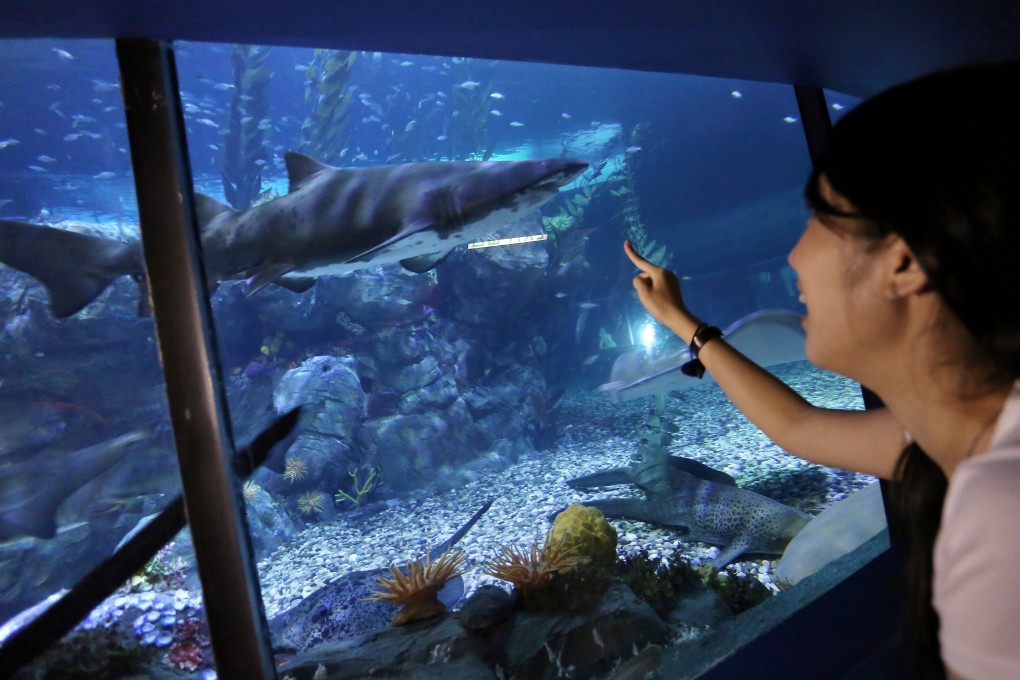Letters | Hong Kong Ocean Park reimagined: don’t let it become just another shopping mall
- It will be hard to coax more funding with a lacklustre plan. If the government is serious about reviving Ocean Park, the ageing rides must give way to new exhibition halls, aquariums and research facilities

There will be retail and entertainment facilities, restaurants and food courts at the waterfront section where admission will be free. Visitors will need to pay when they visit an exhibition or take a ride to the park’s summit. Yet he said the park’s prime mission was still education and conservation.
The model proposed is typical of using commercial revenues to subsidise loss-making core activities, but for Ocean Park, it is a lost cause.
Turning part of the park into an open-air shopping centre will not help its branding. Why would businesses want to be there in the first place? What kind of consumption experience does it want to promote? Even if the commercial facilities were properly managed, at best, the park would resemble a shopping centre in any of the city’s middle-class housing estates.
At the summit, facilities are dilapidated. Many of those rides will be obsolete by the time the transformation is completed and should be taken down. I doubt anyone will be keen to operate those rides with a view to making a profit.

05:35
Animals at Hong Kong’s Ocean Park face uncertain future as pandemic keeps attraction closed
If the government is serious about education and conservation, and making the park a popular attraction, the rides must give way to new exhibition halls, aquariums and research facilities. The Grand Aquarium is far too crowded and will need a facelift, and the park would benefit from a new and more attractive shark aquarium.